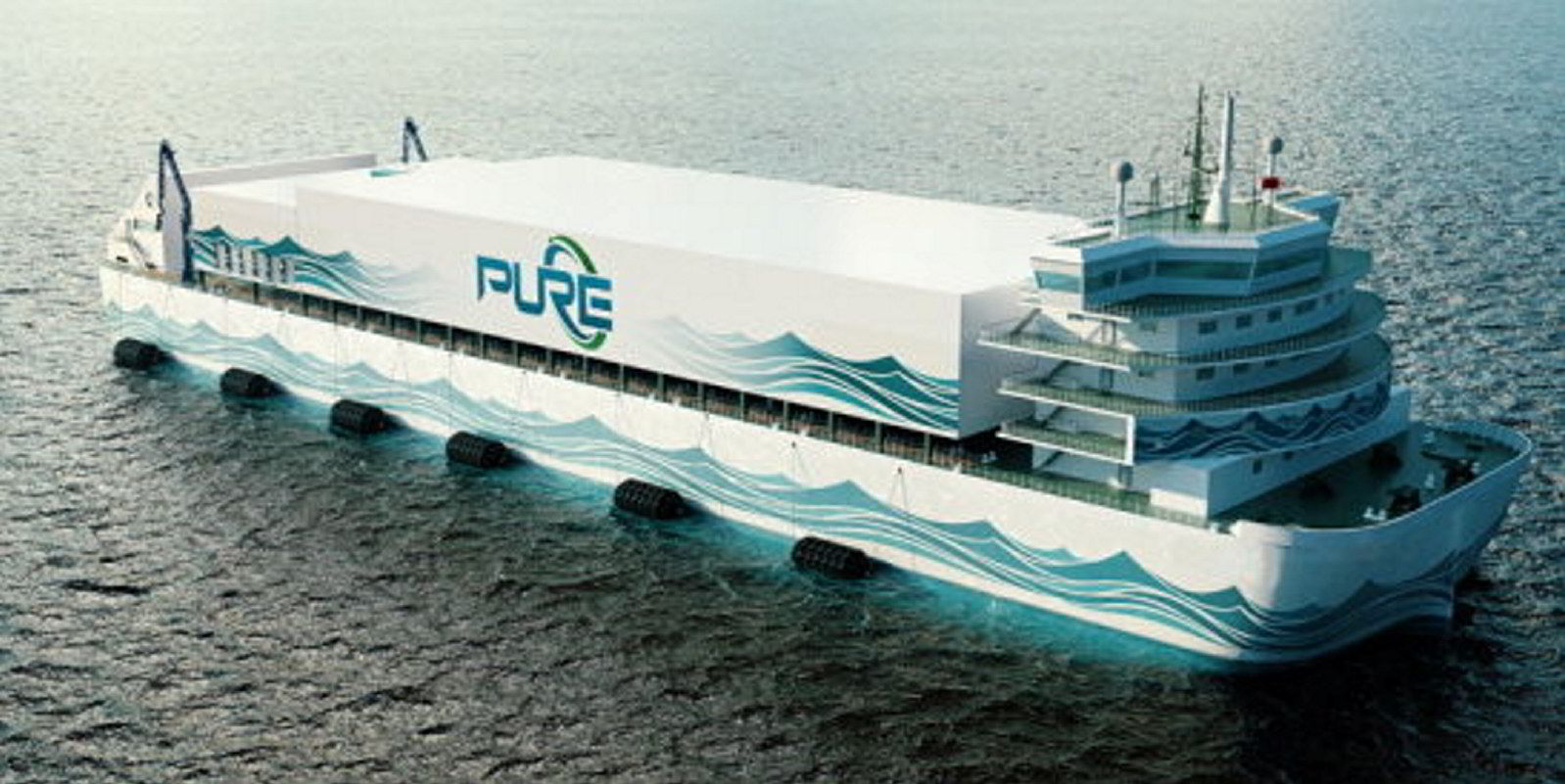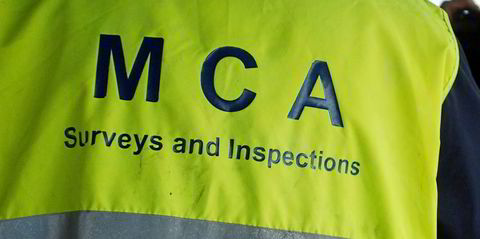French shipowner Louis Dreyfus Armateurs is working on a design for a ship that can store and supply renewable energy, focusing on green hydrogen and ammonia.
The floating renewable energy solution for hydrogen (FRESH) vessel will support global efforts to lower carbon intensity by shifting to sources such as solar and wind.
Green power generation plants either have to use expensive battery storage or a high energy-density energy carrier such as hydrogen, the French owner explained.
“The latter solution is far more economical at utility scale, but also allows the international export of green electrons in the form of hydrogen or a hydrogen carrier such as ammonia,” it added.
Cargoes can be transported from green energy production regions to the demand centres in Europe, northeast Asia or North America.
Green hydrogen can be converted back into electricity using a fuel cell or directly injected into a combustion engine.
The company assessed different technology providers and collaborated with specialised engineering companies such as TTOE for the project.
It is also working with class society Korean Register, as the concept is not covered by existing rules.
The idea is to develop a technical and regulatory-compliant framework ahead of the industrialisation and commercialisation of FRESH by 2025.
Approval in principle
The Korean Register has now awarded approval in principle to subsidiary Louis Dreyfus Ports & Logistics (LDPL).
Mathieu Muzeau, managing director of transport & logistics at LDPL, said: “We believe that our innovation will enable a new and global import and export supply chain centred around renewable power sources and green hydrogen and ammonia as energy carriers.
“Given their long-standing leadership in the field, Louis Dreyfus Armateurs’ choice to partner with the Korean Register was obvious as we seek to bring safe and reliable vessels in the context of the accelerated decarbonisation of the wider maritime industry.”
Korean Register chief executive Hyungchul Lee said FRESH is going to “revolutionise the last-mile logistics of hydrogen delivery and enable the maritime sector to play a pivotal role in the decarbonisation of other hard-to-abate industries”.





